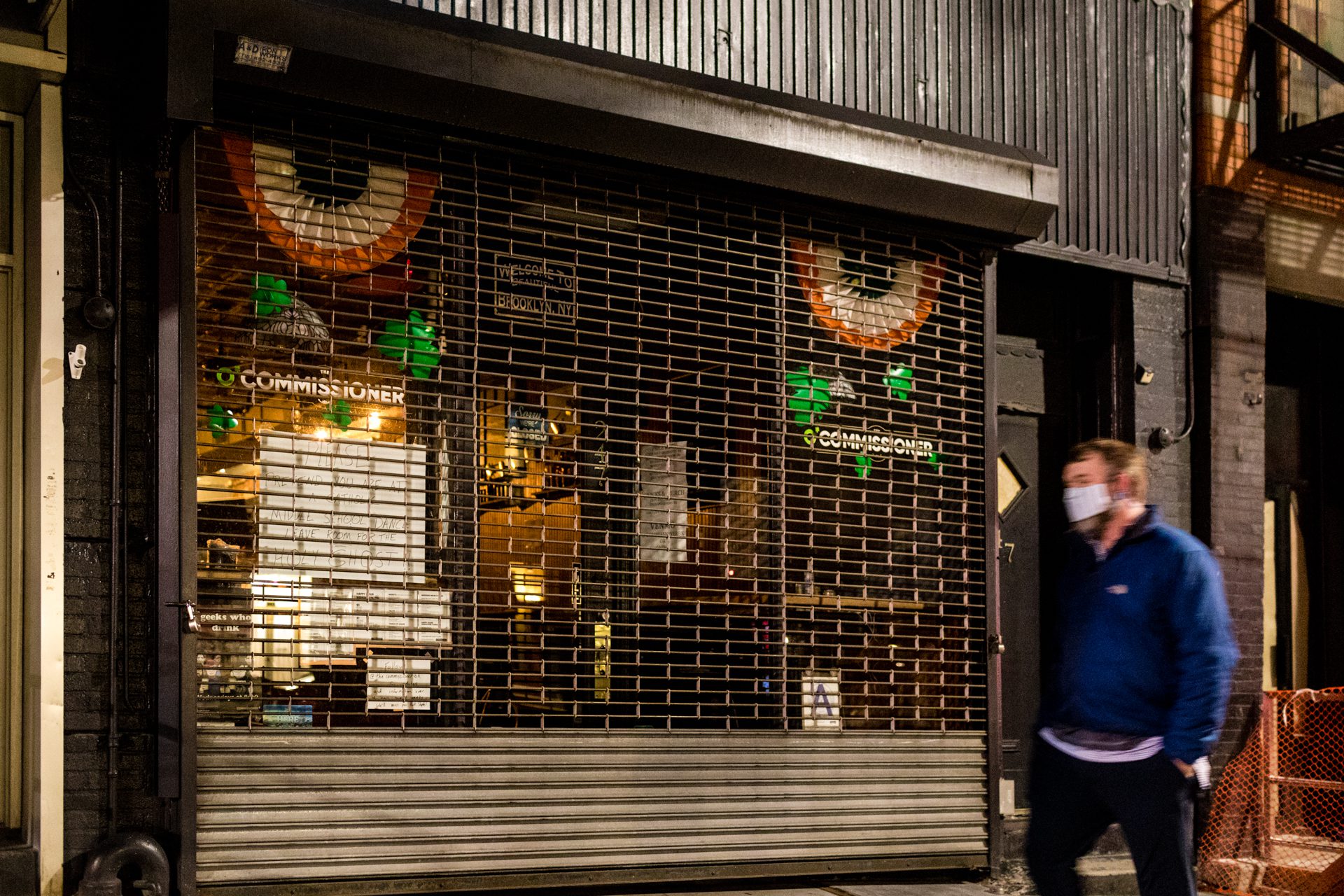
This article originally appeared in the Globe and Mail.
By Linda Nazareth, August 25, 2022
If your social media use leans more to checking job postings on Linkedin or cute family photos on Facebook, the term “quiet quitting” might be new to you, but if you are a TikTok aficionado, you probably heard of it in July when a user named zaidleppelin got millions of views of a video he posted.
The video explained why Gen Zs were done with knocking themselves out for their jobs and would be going about things a different way, and that “quiet quitting” was the new norm, with no apologies. Others have since followed zaidleppelin, explaining why they agree with him whole-heartedly and are following a version of it themselves. However you feel about the practice, the fact that the term and perhaps the practice is now everywhere is worth noting, particularly as it relates to the newest generation of workers.
Ideally, we would start by defining exactly what “quiet quitting” means, but the definition seems to be somewhat fluid. Perhaps it is best to say it is the opposite of working hard, taking on every task assigned and inventing more and making it clear you consider your work a high priority in your life – the classic behaviour for those who want to get raises, get promoted and avoid layoffs should they happen.
Quiet quitting, to put it in its most positive light, refers to not actually quitting but rather focusing on your life outside of work. To some that might mean saying no to working over a weekend or staying late for a meeting, while others (based on the videos they post) see it differently, and say that they prefer to do the least amount of work possible during the time they are being paid.
Most of us have worked with quiet quitters, or maybe have had patches when we were them. Sometimes that is because there is a real need or desire for it, like when someone is dealing with a personal crisis or ill family member and has to leave at 5 p.m. on the dot. Other people are genuine slackers, the kind who do not do their share of groups projects, take long lunches and contribute very little in meetings. Someone who hates their job and is counting down the days to retirement is sometimes said to have “retired on the job” and is a quiet quitter as well.
As much as it would be easy to roll one’s eyes and say a good recession will take care of this attitude, it would probably be a mistake to do so. To be sure, there is an argument to be made that quiet quitting is a fast-track to getting fired, particularly if the job market softens. Slackers, after all, have always existed and, when pink slips are necessary, they tend to get them first.
Still, it is significant that this discussion on quiet quitting is originating from Generation Z, a group that only entered the job market a few years ago. This is the group born between 1997 and 2012 and the one that is going to make a bigger splash soon as their share of the work force and their influence rises.
As a generation, Zs have been quite affected by the pandemic, with their education abruptly switched from in-person to online or their early work years often being launched from their apartments or perhaps their parents’ homes, without the energy and guidance of in-person colleagues. Many were front-line workers during the early pandemic, serving up fast food or filling grocery orders, and they had to contend with the risk of disease rather than just more mundane annoyances such as rude customers.
Tech savvy (and TikTok obsessed), they know that work can be done many different ways and they are not stuck on any one model of how to do it. Not every Z wants to be a quiet quitter, of course, but every Z has had a different, pandemic and technology-affected, experience of their early work years from older workers, and that is going to manifest in different behaviours and attitudes than might have been the norm in the past.
For organizations, the key is to realize that quiet quitting is striking a nerve and to ask themselves why that might be. We are after all coming off the heels of the Great Resignation, the phenomenon where thousands of U.S. workers quit their jobs searching for greener pastures elsewhere, not always with success. Although the same thing did not quite show up in the Canadian statistics, the idea of it seemed to strike a chord on this side of the border as well.
The reality is that workers are not as engaged as they could be, and a tight labour market is giving some options. Those options could disappear temporarily if the economy weakens, but the demographics are in favour of Gen Zs (and others) being able to impose their stamp on the work force. The TikTok videos might seem silly but the feelings they are tapping are genuine and ignoring them might turn out to be a long-term error.
Linda Nazareth is host of the Work and the Future podcast and Senior Fellow for economics and population change at the Macdonald-Laurier Institute.





